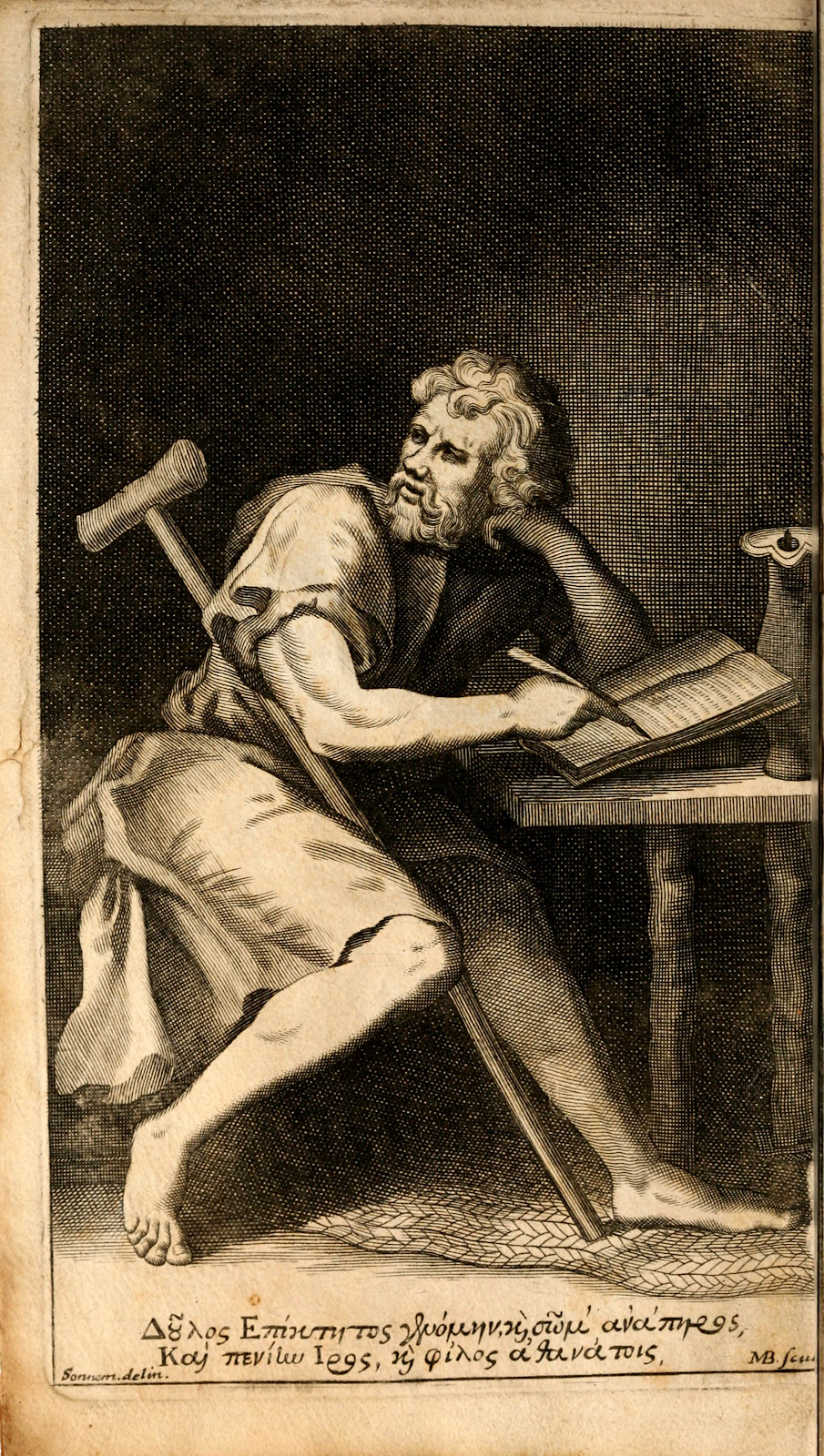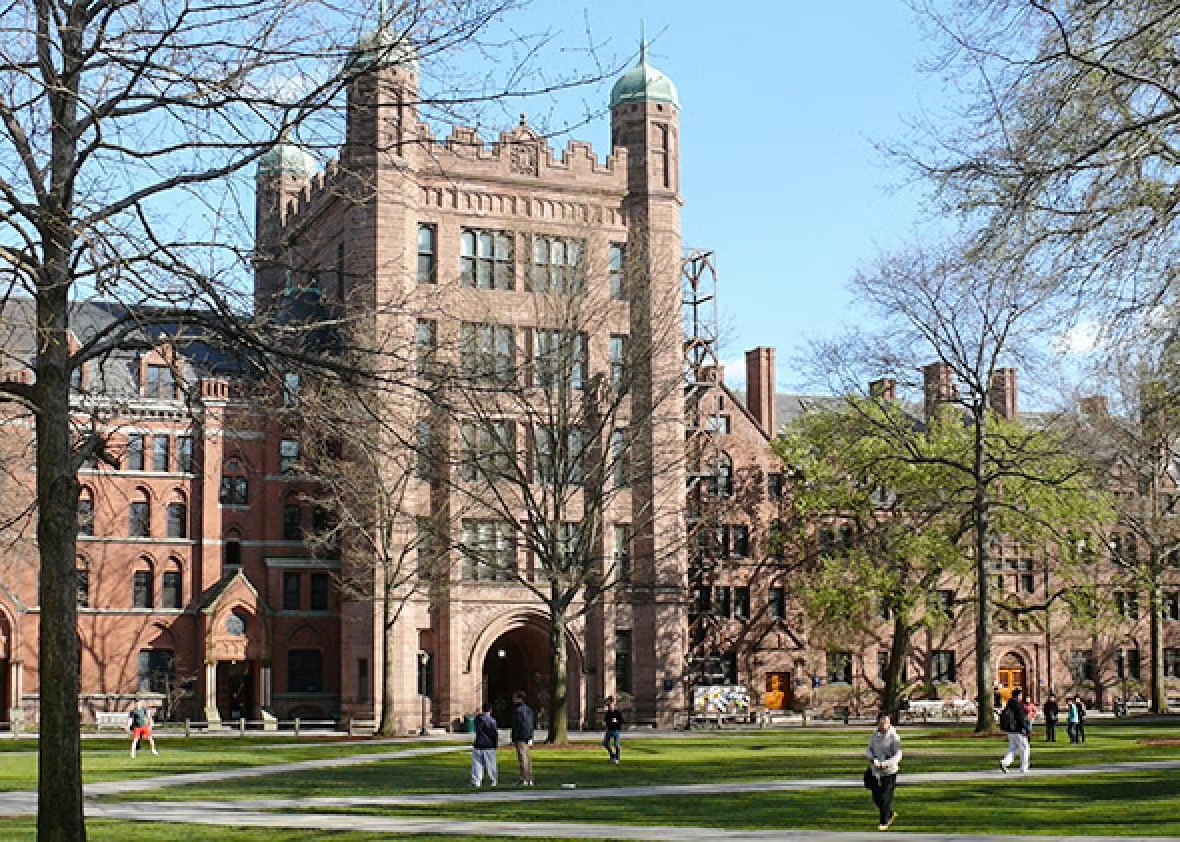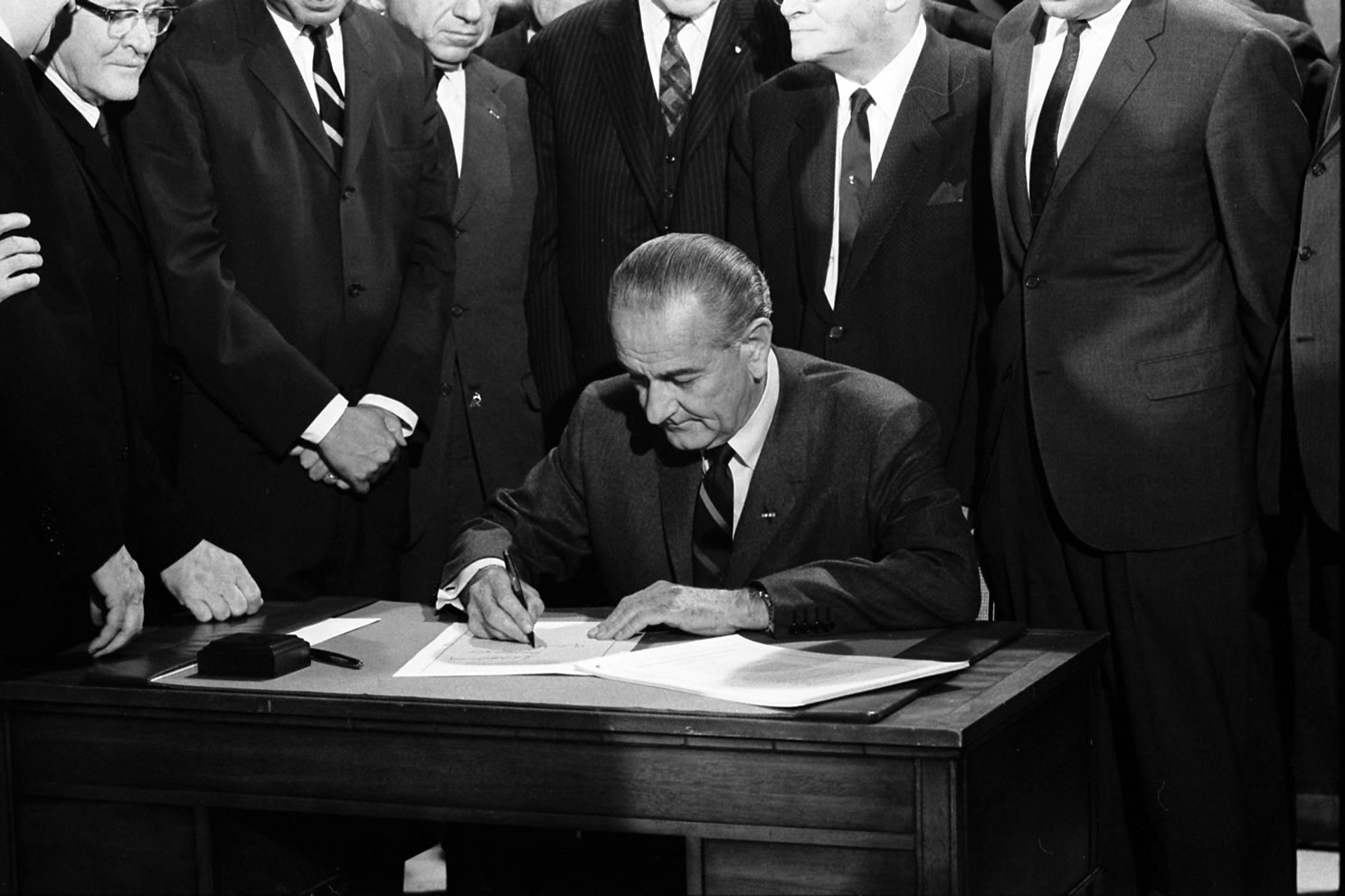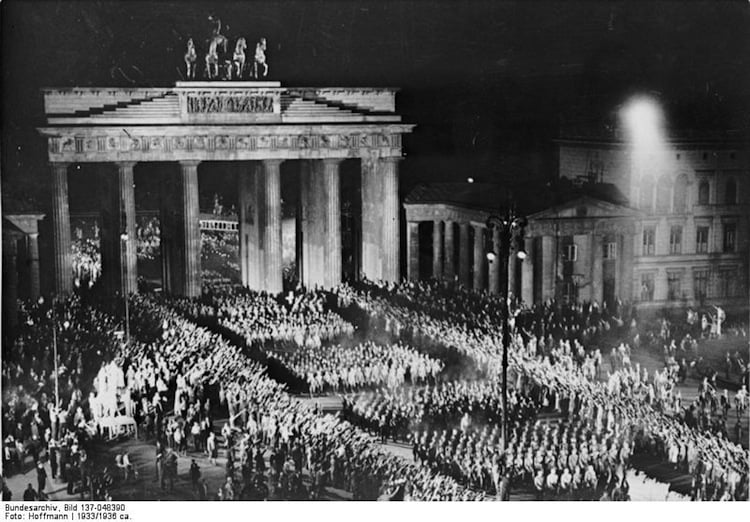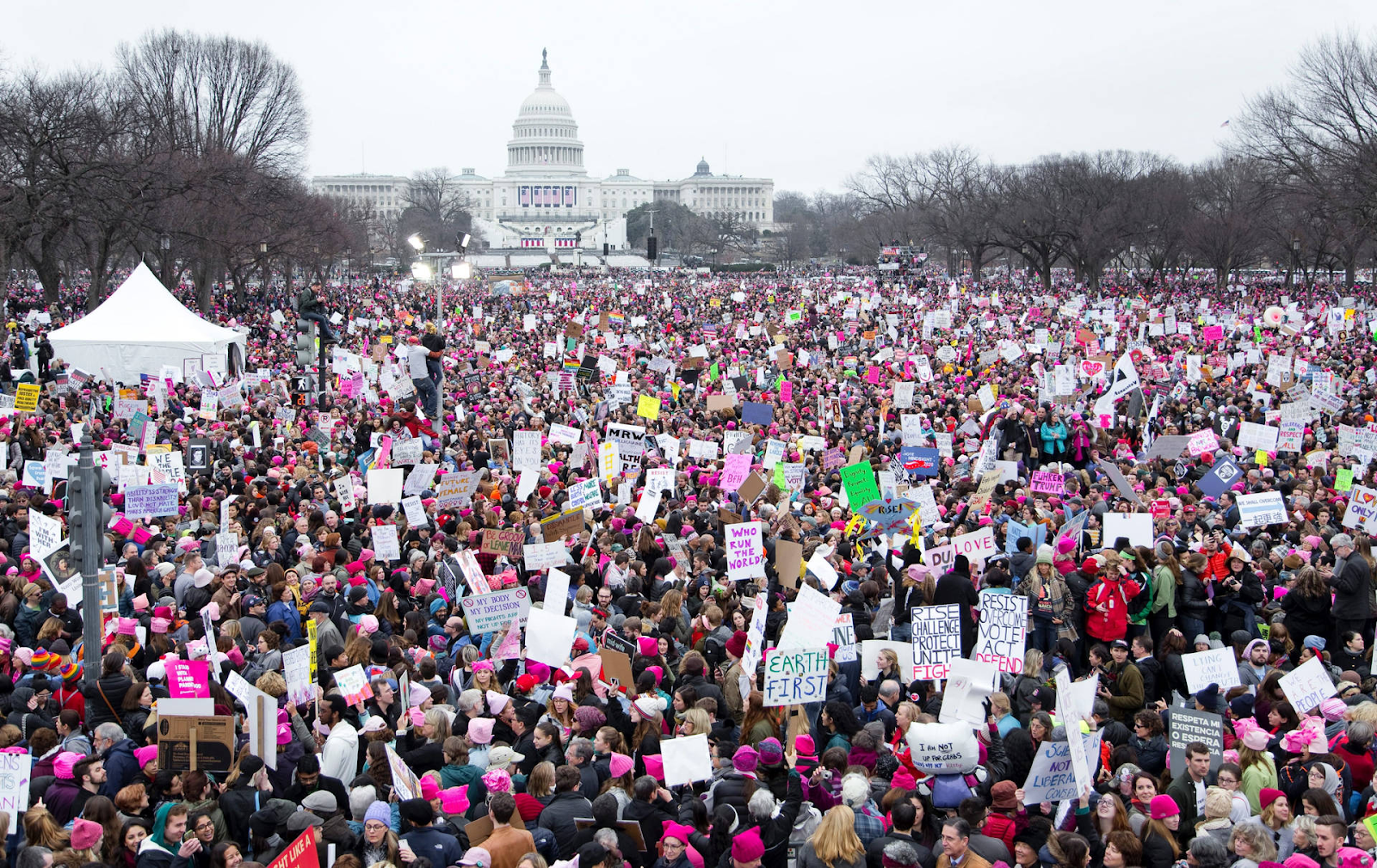'God is on our side', said the Reverend Brixton P Fellows, pastor of the Westover Methodist Church of Bethesda, formerly minister of the Shiloh AME Zion congregation in Aberdeen, Mississippi, the only white man to have been so chosen and appointed.
The Reverend had been a soulmate of black people ever since he was a child, born into a Mississippi hill country cracker family which during Reconstruction had squabbled and fought with the newly enfranchised, former field hand plantation Negroes, but which had turned out a boy who loved them, saw them as the key to his and the nation's spiritual renewal.
After a long tenure in Mississippi, Brixton had been noticed and approached by Westover. The congregation needed a dose of the real thing, a sufferer, a white, converted, renewed Southerner who could recount tales of woe and contrition and bring the aspiring faithful to their feet. They had wanted a black man, but despite their best efforts came up empty.
The closest they came was Elijah Jackson, a charismatic preacher from Tuscaloosa, former child prodigy and storefront boy wonder who packed old Hiram Jenkins' dry goods place to the rafters, renowned for his Biblical knowledge and old time religion passion; but Jackson was simply too black, too rooted in gospel music, charisma, and whooping and hollering for the tony confines of Westover.
Brixton Fellows on the other hand was a bridge over troubled waters, a white man steeped in the black plantation tradition of the Old South a man who could speak with two voices combined in choral harmony to praise the Lord and pursue his earthly ends.
It took some time for the new pastor to suss out the ways and means of his new, white, well-to-do suburban elite congregants, but he soon learned that they were no different from the people of the South who found Jesus, shouted 'Hallelujah' and 'Praise the Lord', and took him as their personal savior.
The rich white folk wanted the same spiritual epiphany, the same glorious renewal, but didn't wanted it such carnivalesque terms. They simply wanted to be reassured that their reformist sentiments, their desire to make the world a more generous, verdant, and peaceful place was legitimate and as sacred as Moses on Mount Ararat.
Every Sunday, the Reverend Fellows went on about the black man, the penury and hard times of Jim Crow, the errors of Reconstruction, systemic racism, and the continued struggle for final, deserved recognition at the top of the human pyramid.
'The black man', intoned Fellows, 'denizen of the forest, attuned to the subtle complexities of God's Creation like no other, a native of intelligence, beauty, and primal insight, the black man is close to his Maker, an anointed prophet, and a marvel'.
The congregation nodded their approval, their signifying endorsement of this obvious but ignored principle. 'And as such', Fellows went on, 'he deserves our militant and enthusiastic support. 'The black man's struggle is OUR struggle'; and at that the usually reserved, recondite, and quiet congregation stood up and cheered.
It would have been good if the Reverend had stopped there, satisfied with the shepherding of this small bit of aspiring Christians; but in this adulation, this rock star fame and renown (Christians from all over Washington, Montgomery County, and Virginia flocked to Westover to hear him speak) he knew that God had other plans for him.
And so it was that he became part of and in time leader of that great social justice revolution that would assure God's greatness on earth. Not only the black man but gays, lesbians, transgenders and Mexican asylum seekers needed to be fully recognized and brought into the brotherhood of Man.
Although of course he never admitted it, the gay thing stuck in his craw. The whole idea of men with other men was distasteful at best and downright disgusting at worst; but Jesus welcomed the lame, the crippled, the marred, the sclerotic, and the syphilitic; so why not homosexual love? ' And the floats in New Orleans and Mardi Gras were wonderful, enthusiastic gender-fluid orgies, a great show.
Here the Reverend tamped down the nasty thoughts, the unconscionable conservatism, and stood proud and defiant with his hard-driven gay crew and waved to the crowd.
Every human being has his imperfections, he recognized, and his incomplete
embrace of gay men was one of his; but that did not dim his
political commitment, and he was warmly welcomed into the gayest, queerest clubs in the city, a champion of their cause.
But in the rabidly dysfunctional, nasty ghettoes of the inner city, he did not find encouragement or opportunity. Every time on MLK Avenue in Anacostia, a deep-black Washington ghetto that he was accosted by a whore and her pimp, had to step over nodding Fentanyl dopers, and duck to avoid Uzi repeater slugs, he wished he had never crossed the line, stepped from nice, tony, white Bethesda into the heart of darkness.
What was left for a God-fearing progressive secularist? Women? Hah, they've had their day and they’re still uppity and as bitchy as ever, demanding academic chairs, legal partnerships, and public office and getting them!.
So Fellows was left with
climate change, but for years had basked in warmer winters and a much more
felicitous and manageable weather. What was all the fuss about
anyway? Que sera, sera, As the World Turns, and what goes around comes
around.
In his last and final sermon to
the Westover Methodist congregation, he came clean - Christians love epiphanies
and revelations - and said he was retiring from spiritual guidance and, in so
many words, his congregants should 'get a life'.
He left them holding the shit
end of the stick when they had been promised the white, clean, sanctified end;
but he was in no mood for coddling. Life was more cesspool that virginal
delight, and the sooner these fools recognized the fact, the better.
Don't be buggered about black men, lesbians, or the climate, moral red herrings
all. Lighten up.
Besides, Donald Trump and his
cavalcade of beautiful blonde, blue-eyed white women were coming to town so
the long dark dismal, dour night is ending
'Have a nice day', Reverend Fellows said before leaving the pulpit one last time.




















